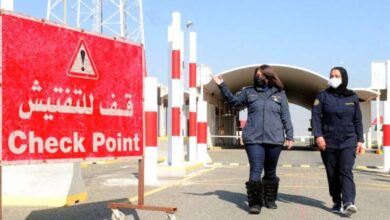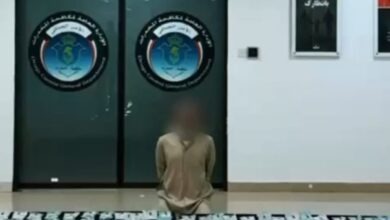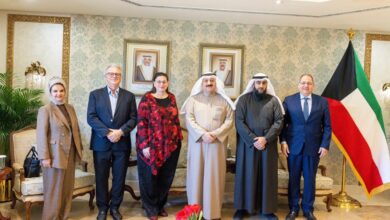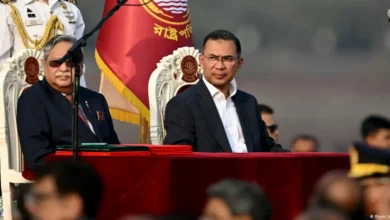Kuwait ranks 2nd in Gulf, 31st globally in 2025 Global Peace Index amid rising global instability
IEP report highlights Kuwait's stability and prosperity as global peace declines for 13th year
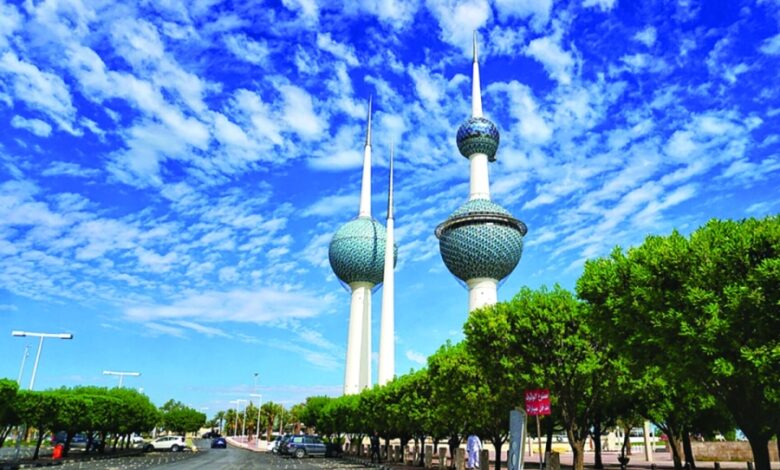
On the Global Peace Index Kuwait ranked second in the Gulf and 31st globally in the 2025 Global Peace Index (GPI) issued by the Institute for Economics and Peace (IEP), with a score of 1.642.
In the Gulf region, Qatar came first (27th globally), Kuwait (31st globally), followed by Oman (42nd), the UAE (52nd), Saudi Arabia (90th), and then Bahrain (100th globally).
The significance of Kuwait’s advanced ranking stems from the fact that, according to economists, peace often leads to prosperity. Peaceful societies experience greater income growth, have stronger currencies, and are able to attract greater foreign investment. Furthermore, they enjoy political stability and a greater sense of happiness among their citizens. reports Al-Rai daily.
In figures, violence cost the global economy $19.97 trillion (at purchasing power parity). This staggering sum equates to 11.56 percent of global GDP and represents a $2,446 reduction in economic output for every person on the planet. Military spending alone contributed $9 trillion of this figure, equivalent to 45 percent of the total economic impact of violence. In contrast, total global spending on peacebuilding and peacekeeping efforts amounted to just $47.2 billion, representing just 0.52 percent of total military spending.
The Peace Index ranks 163 independent countries and territories, representing 99.7 percent of the world’s population. The ranking is based on 23 indicators, divided into internal peace indicators, such as the level of violent crime, the number of murders, and violent demonstrations, and peace indicators, such as military spending, nuclear weapons, and neighborly relations.
The report shows improvements in 66 countries, deterioration in 94, and one country remaining stable. Overall, since the index’s launch in 2008, 17 of its 23 indicators have declined.
According to the institute, global peace declined by 0.36 percent this year. This may not seem significant, but since the index’s launch, it has declined for the thirteenth time, with a country’s average score declining by 5.4 percent. At the same time, the number of refugees and internally displaced persons has risen sharply to 122 million, with 17 countries housing at least 5 percent of the population as either refugees or internally displaced persons.
The institute noted that it is no surprise that political instability and unresolved internal conflicts are major factors undermining global peace. Afghanistan has been ranked the least peaceful country for six consecutive years, but South Sudan, Sudan, and Yemen surpassed it last year.
The changes at the bottom of the index are more pronounced this year, with Ukraine, followed by Russia, the least peaceful country on Earth. The conflict in Gaza has further damaged global peace, with Israel recording the largest decline in military spending as a percentage of GDP.
Overall, the institute explained that last year recorded a significant number of deaths due to conflict, with Ukraine, Palestine, and Russia accounting for more than 63 percent of them. Another worrying trend is the increasing internationalization of conflicts: 98 countries are now involved in external conflicts in some form or another, up from 59 countries in 2008.







